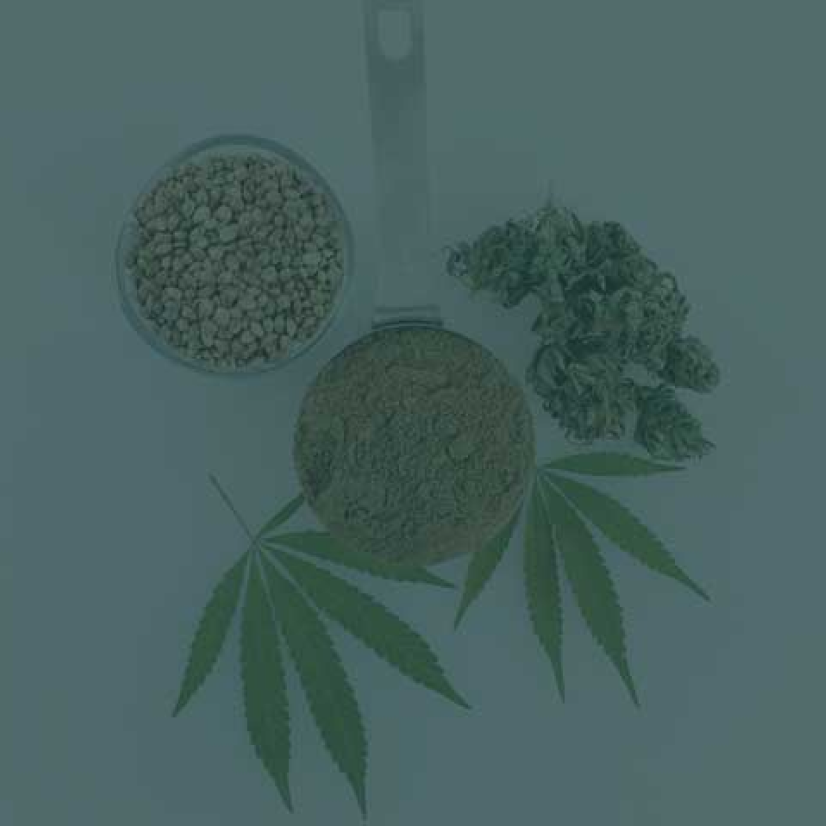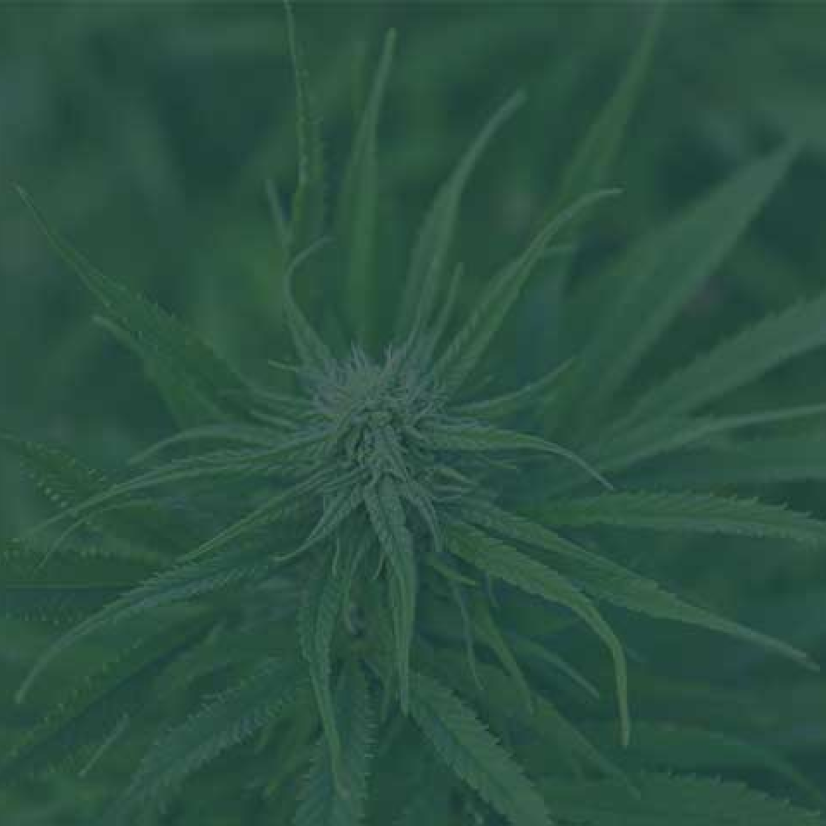Nature’s Perfect...
Why Hemp Oil Is the Most Balanced Plant-Based Omega Source When it comes to plant-based nutrition, balance is everything....
Hemp (Cannabis sativa) and CBD oil are legal in all 50 states and are being used for personal, medical, and industrial use. Hemp is a rising trend as people discover its health benefits and delicious taste.
Hemp is not a new crop. Just like wheat or barley, hemp has been grown and cultivated for centuries.
Cannabidiol (CBD) oil was discovered in 1940, along with 113 other cannabinoids from the cannabis plant. Tetrahydrocannabinol (THC) is another cannabinoid that the plant produces. The term "hemp" describes all cannabis varieties that contain 0.3% THC or less.
Hemp seeds are harvested from the mature plants and used to make nutritional products. Some examples of products made from hemp are hemp seed oil, hemp milk, hemp cheese, protein powder, fiber, and medicine.
There are many benefits to enriching your diet with hemp. Let us discuss some of the ways through which you can make your food richer in protein and fiber.
Hemp Nutrition Details
In 2018, the USDA provided a breakdown of the nutrients contained in 3 tablespoons of hulled hemp seeds: 166 calories, 9.48 g of protein, 14.6 g of fat, 1.2 g of fiber, 0.45 g of sugar, 21 mg of calcium, 2.38 mg of iron, 210 mg of magnesium, 495 mg of phosphorus, 360 mg of potassium, 2.97 g of zinc, and 33 micrograms of folate. They also reported hemp seeds to have vitamins B, C, A, and E.
Fats
Hemp seeds are full of healthy fats in the form of omega-3 fatty acids. Although these omega-3 are not as rich as the DHA and EPA from fish oil, they are converted into DHA and HPA at a rate of 2-10 percent. Hemp also is one of the richest sources of alpha-linolenic acids (ALA), which is later broken down to DHA and EPA. For people who avoid fish and eggs, hemp can be a good alternative for their omega-3s.
Besides the omega-3, hemp also contains omega-6 fatty acids. Compared to the seeds, hemp oil contains more GLA (omega-6). People with cholesterol problems may benefit from the phytosterols in hemp which may remove fat deposits from the arteries.
Protein
Hemp is a good source of protein for people who want to get all the 10 amino acids in their food. Hemp nutrition provides the best protein source as it does not contain phytates, which normally disrupt the absorption of important minerals in the body. As discussed earlier, just 3 tablespoons of hemp hearts have 9.48 grams of protein.
Hemp Nutrition in Foods
As compared to chia and flax seeds, which contain 16-18% protein, hemp contains more than 25% protein. The taste of hemp seed is also very similar to chia and flaxseed, with a grassy or nutty flavor. You can eat hemp seeds in their raw form or cook/roast them. The oil is more potent due to being liquid in nature.
Heart Disease Reduction
Did you know heart diseases kill more people than any other ailment in the world? Hemp seeds may help reduce the risk factors for heart disease. The seeds contain all the amino acids, especially arginine, which creates nitric oxide within your body. What does nitric oxide do? It is a molecule which dilates your blood vessels, relaxing them. This can lower blood pressure and reduce the chances of heart disease.
Arginine and Gamma-linolenic acid, both amino acids, have been shown to relieve inflammation for many heart disease patients. Regularly consuming hemp seeds has been shown to decrease blood clotting risks and improving recovery after a stroke.
Skincare
Healthy fats like amino acids and the important omegas maintain skin's hydration, improve the skin's ability to repair itself from damage, and reduce signs of aging. Studies have shown that hemp seed oil has been an effective treatment for eczema as it improves dry skin, reduces itchiness, and irritation. It also helps skin by improving the blood flow within the body.
Digestion
The fiber contained in hemp can help with digestive health. Hemp contains both soluble (20%) and insoluble fiber (80%). The good digestive bacteria in your stomach need soluble fiber to effectively digest food. Soluble fiber also helps in regulating your cholesterol and sugar levels.
Insoluble fiber helps waste pass through the gut more easily. It will slow the absorption of sugar and so can help with managing diabetes. Whole hemp seeds and hemp hearts are both great sources of dietary fiber.
Final Thoughts
Hemp seed has been used as a food for millennia in China and other parts of the world. Hemp is rich in minerals, protein, essential metals, healthy fats, and all the 10 amino acids. This potency and the plant-based nature make it a great ingredient for both a normal and vegan diet.

